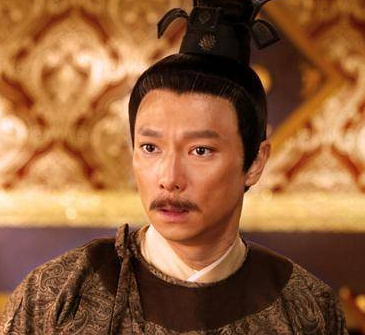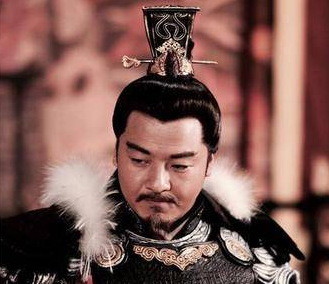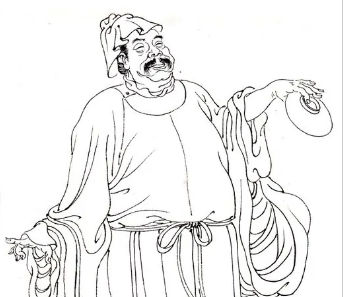The Roman Empire, once a civilization of great splendor, has seen many outstanding rulers throughout its history. Among them, Octavian undoubtedly holds a pivotal position. He not only brought an end to a century-long civil war but also ushered in a relatively peaceful and prosperous era known as the "Pax Augusta" by later generations. This article will explore when Octavian became emperor and the impact of this event on Roman history.

I. Background of Octavian's Rise
1. In 44 BC, Julius Caesar was assassinated, plunging the political situation of the Roman Republic into chaos. As Caesar's adopted son and heir, Octavian began to emerge on the political stage.
2. Over the following years, Octavian gradually weakened the power of his competitors through a series of political and military strategies. Finally, in the Battle of Actium in 31 BC, he defeated the combined forces of Mark Antony and Cleopatra, establishing his leadership in the Roman world.
II. The Critical Moment when Octavian Became Emperor
1. In 27 BC, Octavian received an unprecedented honor from the Roman Senate—he was granted the title of "Augustus". This marked his official ascension to the throne as the first emperor of Rome, signifying the transition from the Roman Republic to the Empire.
2. From then on, Octavian wielded the supreme power of Rome, commencing a reign that lasted over forty years. Under his leadership, the Roman Empire achieved territorial expansion, political stability, and economic prosperity.
III. The Historical Significance of Octavian's Ascension to the Throne
1. Octavian's ascension marked a fundamental change in the Roman political system. From then on, Rome shifted from a republican to an imperial form of government, ushering in a new era.
2. Under Octavian's reign, the Roman Empire experienced a relatively peaceful and prosperous period known as the "Pax Augusta". This period laid the foundation for the further development of Roman civilization.
Conclusion:
Octavian became emperor in 27 BC, an event that had profound impacts on Roman history. His rise ended the long-running civil war and laid the foundation for the prosperity and stability of the Roman Empire. At the same time, his emperorship marked a significant transformation in the Roman political system, leaving a legacy of a powerful empire for future generations.
Disclaimer: The above content is sourced from the internet and the copyright belongs to the original author. If there is any infringement of your original copyright, please inform us and we will delete the relevant content as soon as possible.
































